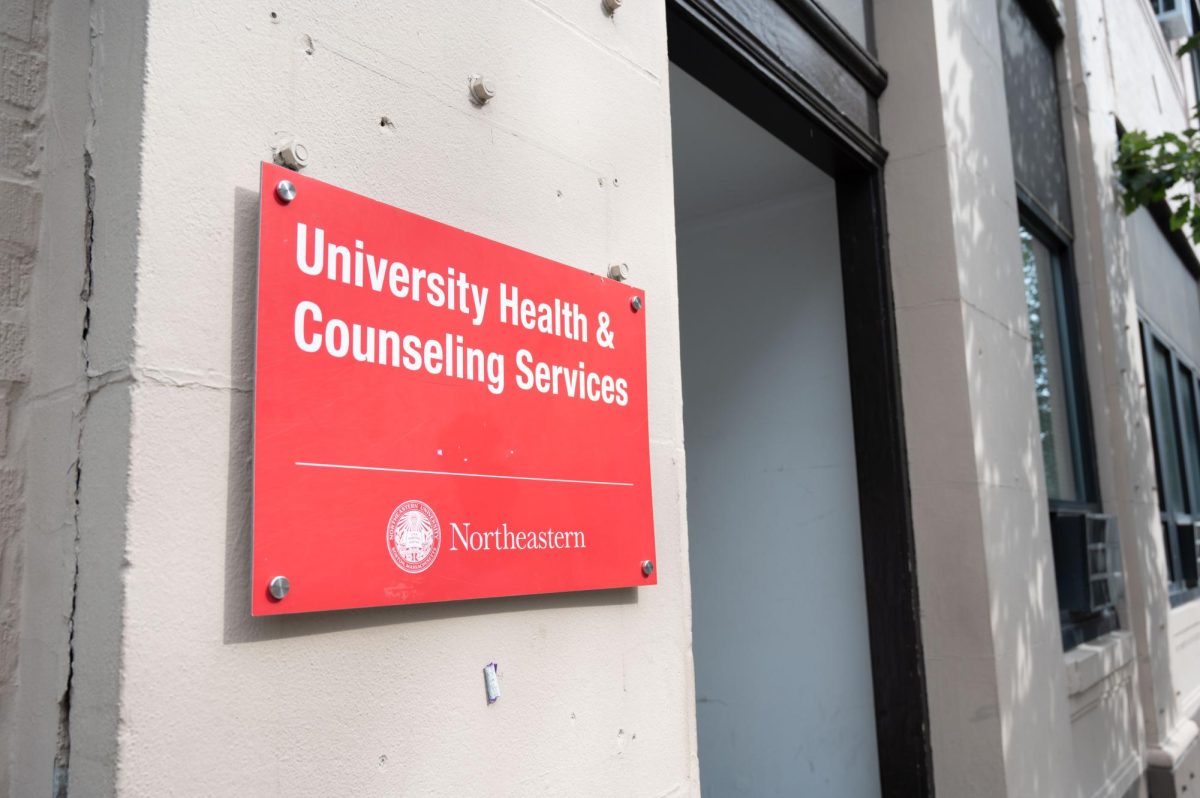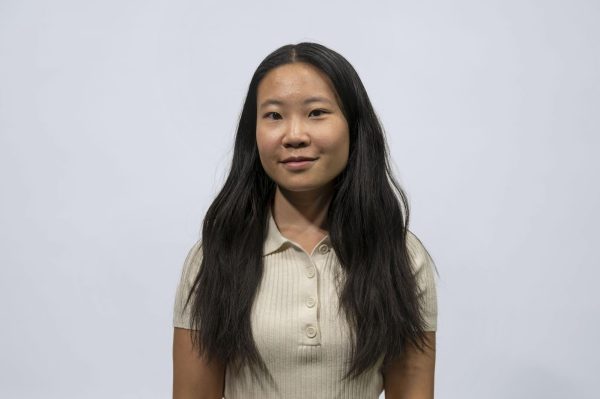Four Northeastern graduate students were recently diagnosed with chickenpox, according to an email sent to all students on the Boston campus by University Health and Counseling Services, or UHCS, Oct. 4.
According to the email, which was sent at approximately 12 p.m., the four students, who all live off campus, are “isolating and being treated for the disease and are taking all necessary precautions.”
Chickenpox, an illness caused by the varicella-zoster virus, is highly contagious and can be spread by direct contact with someone who has chickenpox or through the air when they cough or sneeze, according to the Center for Disease Control and Prevention, or CDC. The virus can “spread from 1-2 days before the rash starts until the rash crusts over,” and it could take up to three weeks for a person exposed to chickenpox to develop symptoms, according to the email.
Those most vulnerable to chickenpox are people who have never been previously diagnosed with the disease or have not received the varicella vaccine, UHCS said in the email. The vaccine is a required immunization for all students, and full- and part-time students who have not received the vaccine or do not meet the immunity criteria — which UHCS describes as two doses or positive antibody titers — should get one as soon as possible, according to the email.
The disease can be serious and even life-threatening for people who are pregnant, babies, adolescents, adults and people with weakened immune systems, according to the CDC. But hospitalizations and deaths from the illness are rare in the U.S. due to widespread vaccinations.
Students who begin to develop symptoms of chickenpox, especially “a rash on [their] face, stomach, chest or back, with fever, tiredness or general discomfort” should seek medical care immediately and isolate until symptoms are reviewed with a doctor, the email reads.
“The Boston Public Health Commission (BPHC) has determined that any individual who has not been fully vaccinated for varicella or has not had chickenpox in the past and is exposed to someone who has contracted or goes on to contract varicella must isolate,” the email reads. “This isolation period begins eight days after exposure, and ends twenty-one days after exposure.”
The email directs students to the CDC and UHCS websites for more information on chickenpox and the varicella virus.
The Huntington News is dedicated to serving the Northeastern University community with original, professional reporting and creating an environment in which student journalists can learn from one another. Support an independent, free press at Northeastern University with your donation today.












